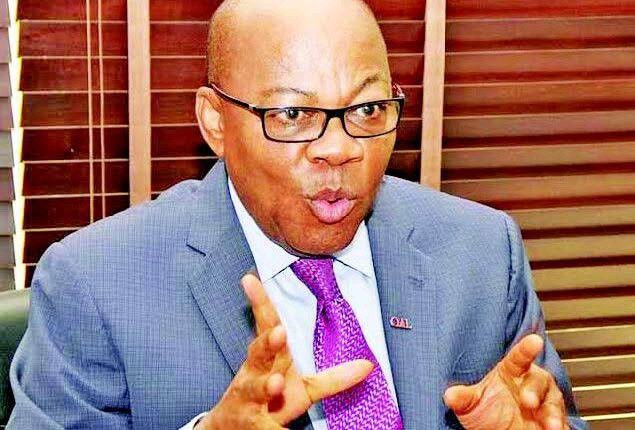Former President of the Nigerian Bar Association and renowned human rights activist, Olisa Agbakoba, has raised concern over what he described as Nigeria’s deepening crisis of political exclusion. He believes that the current democratic system has failed to represent the people and is fueling national instability.
Agbakoba traced the roots of this issue to Nigeria’s adoption of Western-style democracy. According to him, the system empowers the ruling party to monopolize power while silencing opposition voices. “Here we have a challenge about our democratic system, and I put that down to the Western political system, that enables the person who wins to take everything,” he said.
He warned that this winner-takes-all system fosters division and resentment. “Now, if you take everything and exclude others, there’ll be problems,” he cautioned. For Nigeria to progress, Agbakoba emphasized the need for an inclusive political structure. “If you have a system that includes people, I don’t know what that will be called. If you have a system that includes people, then I think it will be really beneficial,” he added.
At the heart of Nigeria’s democratic struggle, he pointed out, is the issue of systemic exclusion. “Right now, we have a big problem in having a system that excludes,” he stated. Agbakoba believes this is the most pressing issue confronting the country. “I think you will find the biggest problem we have in Nigeria is around exclusion. People are not taking part in the process.”
With the 2027 elections on the horizon, Agbakoba expressed worry that political leaders are focusing more on alliances and power shifts than addressing citizens’ needs. “So, alright, let’s say 2027 is coming. Suddenly, you have a big issue of coalitions, defections. Why?” he asked. He lamented that while political games dominate headlines, vital issues are ignored. “I have not heard many politicians talk about people, about the wealth of Nigerians, about their suffering, about their inadequate opportunities.”
He criticized the usual pattern of political engagement. “All I hear politicians do is: every four years, they jump up, become active. Once they get power, they disappear,” he noted.
Agbakoba also condemned a controversial bill in the National Assembly proposing compulsory voting. “Look at the ridiculous one in the National Assembly — about voting being compulsory,” he remarked. He said he would refuse to obey such a law, if passed. “If that Bill were to pass, I will not obey it. I’ll plead conscientious objection. I’d rather go to prison for six months than obey it.”
He explained that low voter turnout is a consequence of public disillusionment. “Well, the apathy is that they don’t get anything. If I know that I’m going to get something — an aspiration, an interest, you will find people coming out to vote,” he said. When voters feel abandoned, participation drops. “If people see the same old trick — you come, take my vote, disappear till the next four years, there will be apathy.”
Love Reading Authentic News Stories, Click The Button Below

